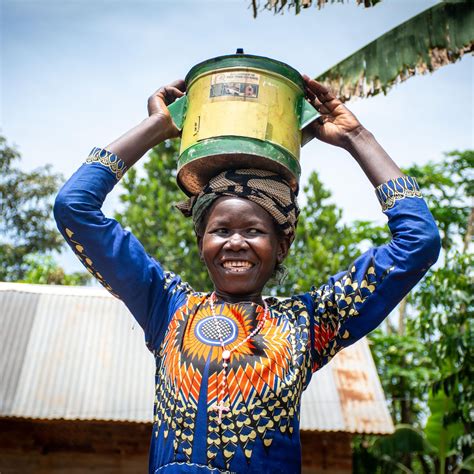—
Unveiling the Clean Cooking Challenge
Let me take you on a journey to explore the often underrated yet profoundly impactful world of clean cooking. Beyond just being a means to prepare meals, clean cooking stands at the crossroads of health, gender equality, energy access, and climate action. Despite its critical significance, it remains in the shadows of global attention and investment.
The Global Clean Cooking Disparity
Picture this – around 2.1 billion people worldwide lack access to clean cooking facilities, which equates to nearly a quarter of the global population. The repercussions are grave: an estimated 3.2 million premature deaths annually and over 1 billion tons of carbon emissions entering our atmosphere each year. Surprisingly, these figures rival the environmental impact of the aviation industry.
A Beacon of Hope: Clean Cooking Carbon Projects
Enter clean cooking carbon projects – heralded as a beacon of hope in combating these pressing challenges. By phasing out traditional polluting fuels like charcoal, wood, and kerosene with cleaner alternatives or enhancing their combustion efficiency, these initiatives not only slash emissions but also enhance indoor air quality and alleviate the burdens on those involved in meal preparation.
Such projects do not operate in isolation; they are backed by standardized methodologies and digital monitoring systems that bolster their credibility for attracting investments and shaping policies conducive to their expansion. They play a pivotal role in enabling governments to boost domestic revenue generation, attract local investments denominated in native currencies, and reduce reliance on external aid – thereby fostering economies that are resilient, inclusive, and aligned with climate objectives.
Economic Stability Through Sustainable Cooking Solutions
The ripple effects extend further as these programs contribute to macroeconomic stability by curbing public healthcare costs related to air pollution illnesses, curtailing environmental degradation linked to traditional cooking practices, and enhancing overall household productivity.
Furthermore, carbon credits associated with clean cooking ventures inject vitality into Africa’s culinary landscape by creating revenue streams for entities championing cleaner cookstoves and fuels – propelling them towards financial sustainability while simultaneously safeguarding human health and environmental well-being.
Empowering Communities Through Accessible Solutions
Through leveraging carbon finance mechanisms, scalable solutions such as improved biomass stoves or eco-friendly fuels like biogas become more accessible to households at affordable price points ranging from $25 to $100 per unit. These revenues serve as catalysts for enterprises striving to surmount affordability barriers while fortifying their operational frameworks to deliver tangible benefits spanning health improvements, gender equality enhancements,
and positive climate outcomes within communities.
In essence…
Clean cooking emerges not only as a kitchen essential but as a transformative force capable of revolutionizing lives while nurturing our planet back to health one meal at a time.
Would you embark on this journey towards cleaner kitchens and greener futures?






Leave feedback about this